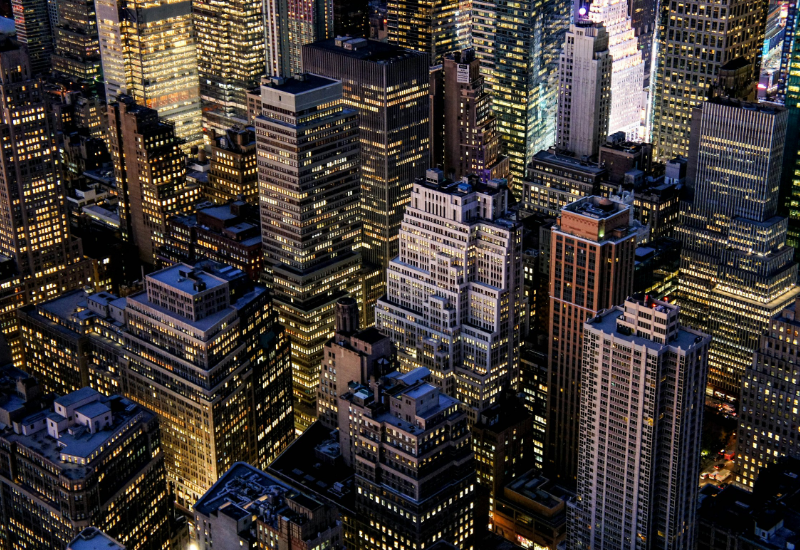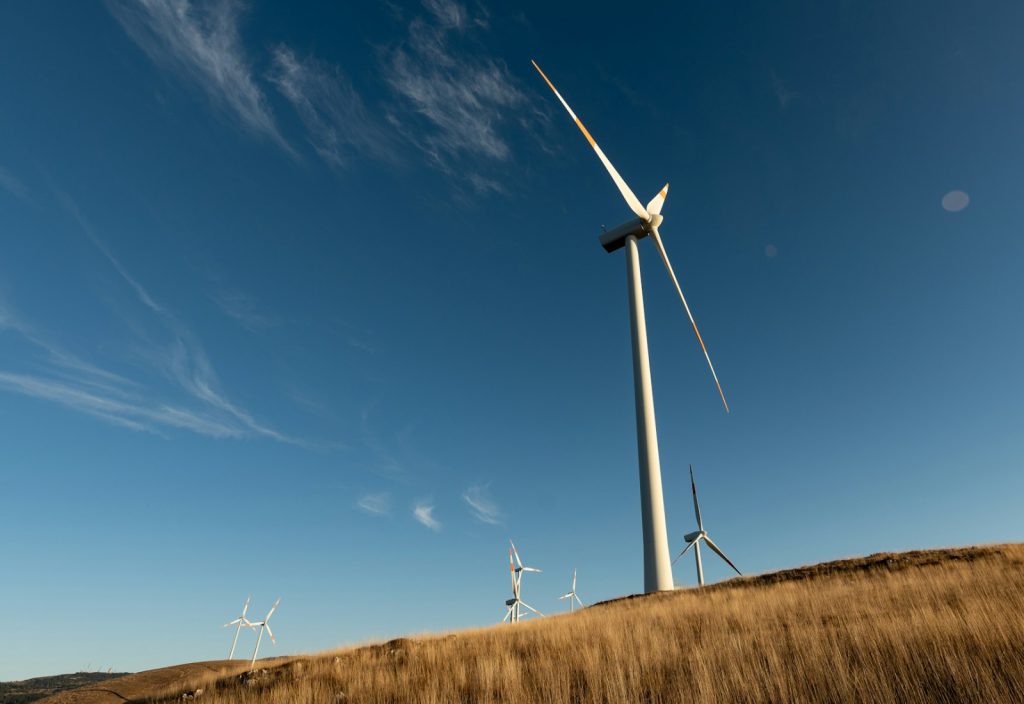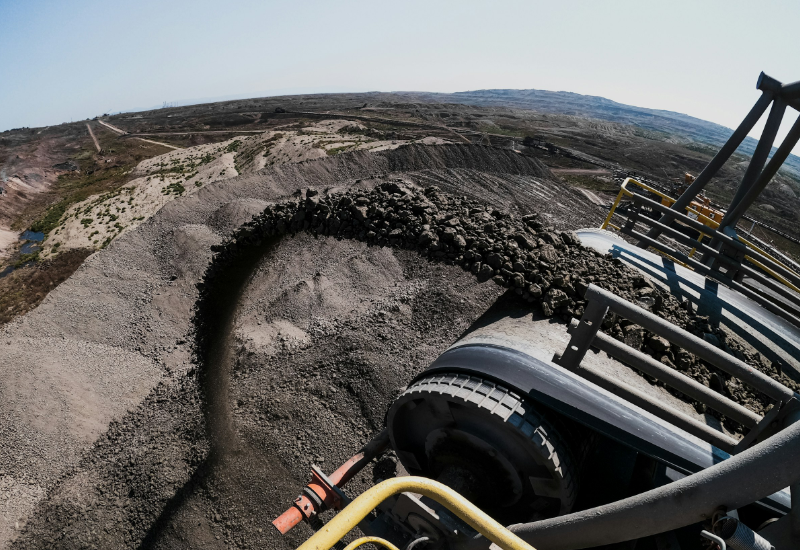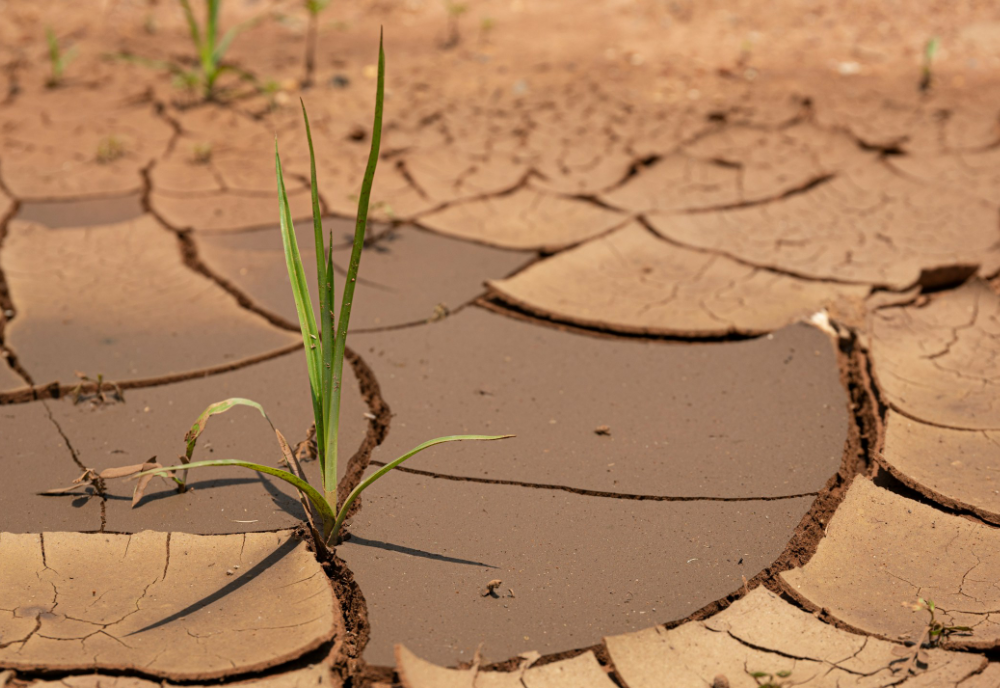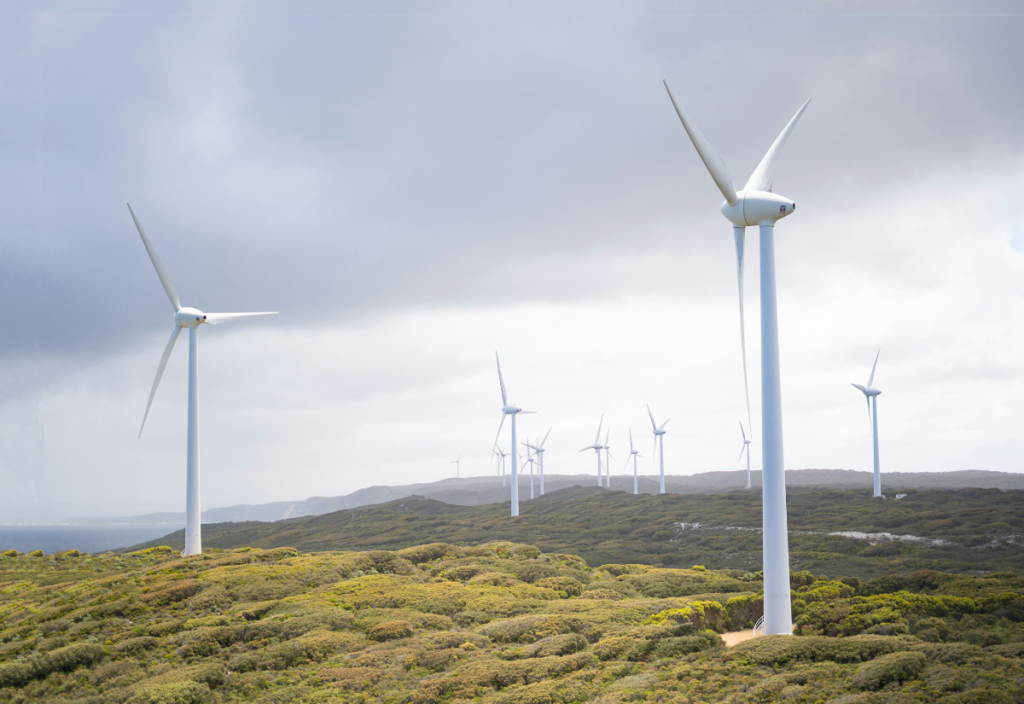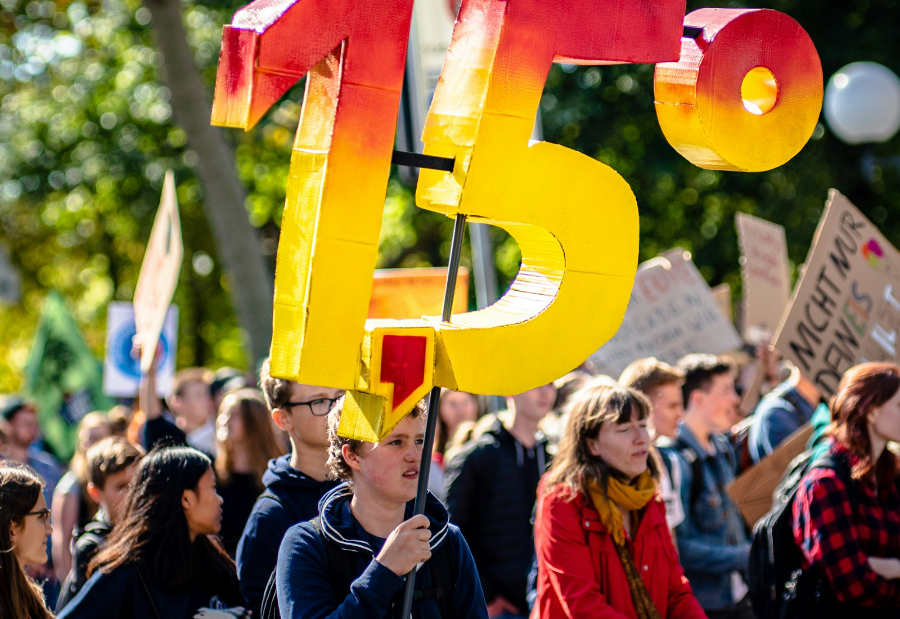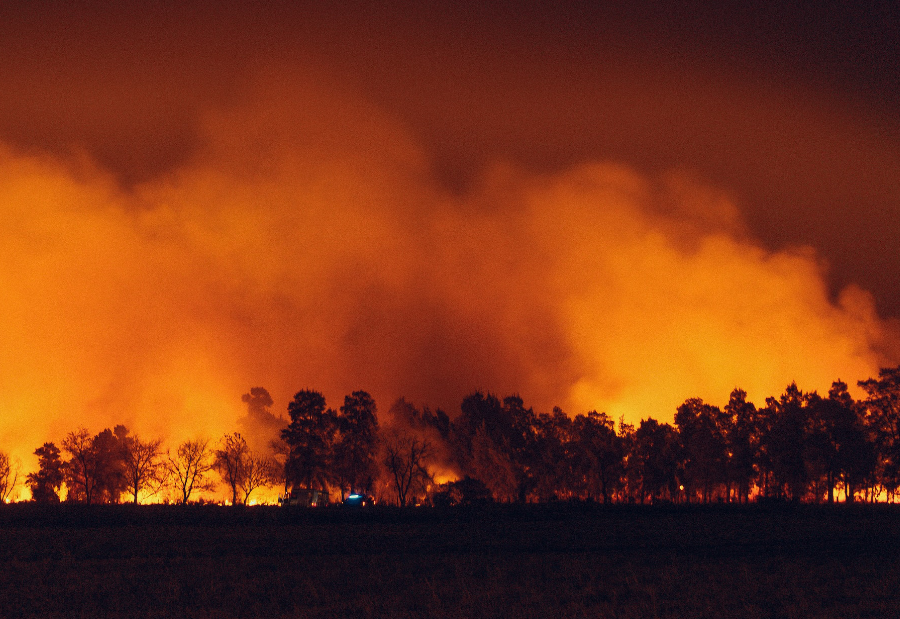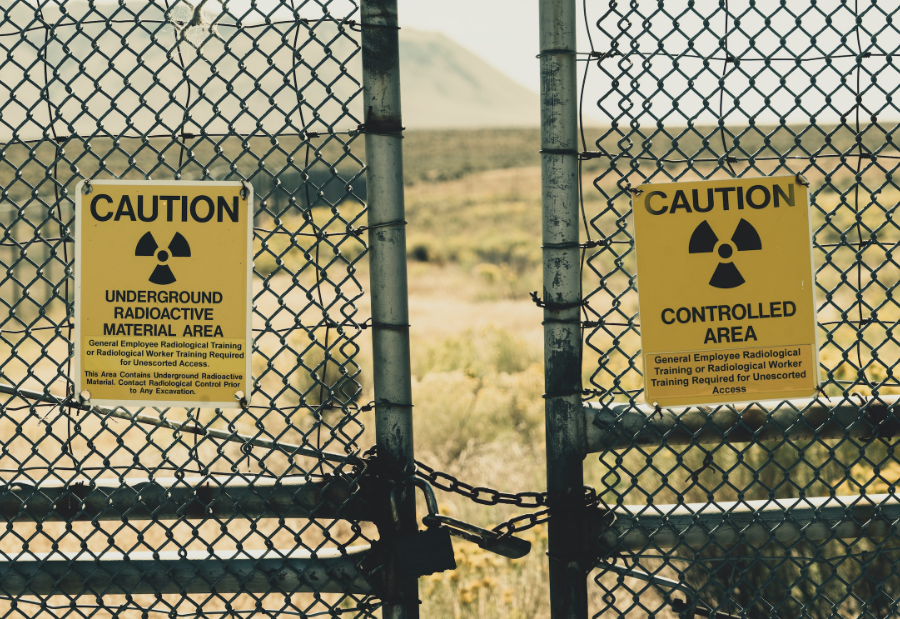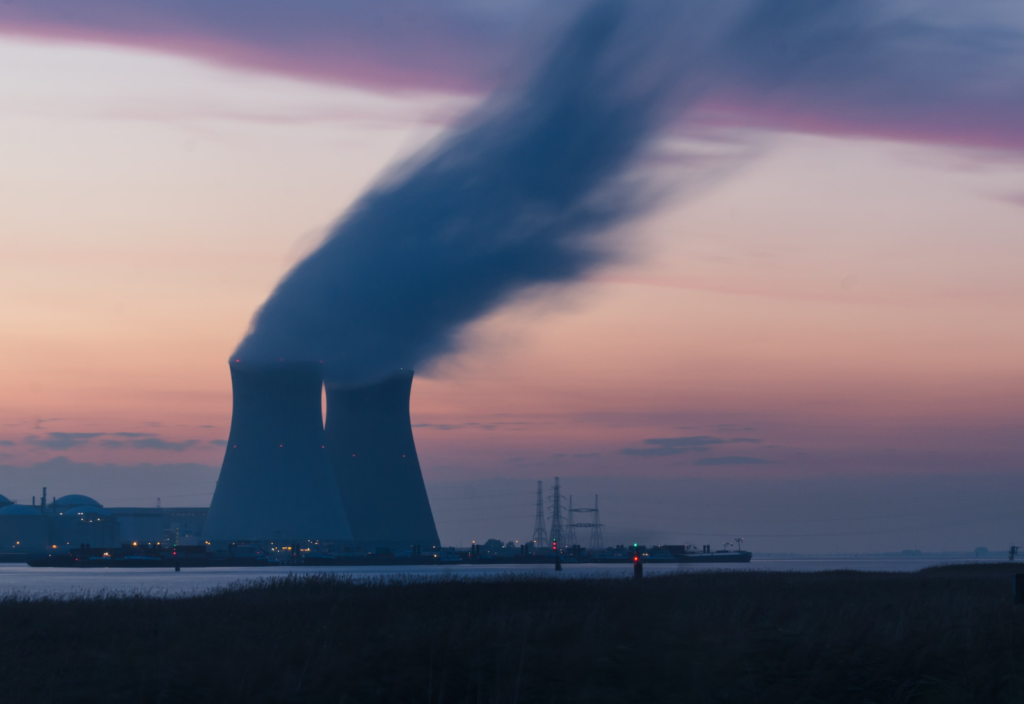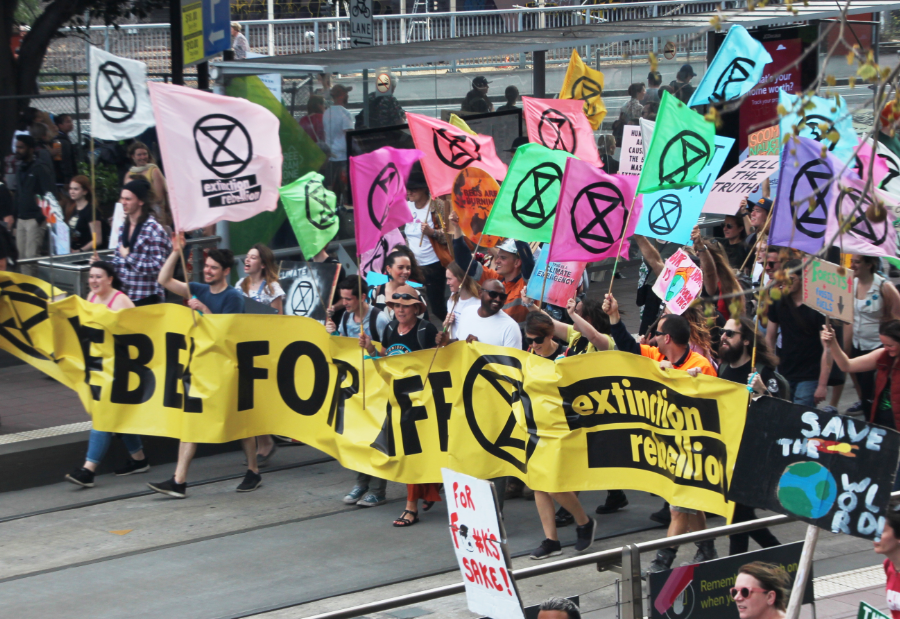Is nuclear energy the magical solution that will reduce our use of fossil fuels, save us from global warming, and allow us to continue our privileged lifestyles?
I understand why a nuclear energy-fuelled future is so seductive. Vast amounts of electricity can be produced without producing vast amounts of carbon dioxide. We can continue to grow, consume and become even wealthier with an abundant supply of electricity. Also, nuclear energy provides electricity 24 hours a day and is unaffected by lack of sunlight or wind, or variations in the tide.
In 2024, there were around 440 nuclear power reactors operating in 32 countries, plus Taiwan, generating 9 per cent of the world’s electricity. Sixty nuclear reactors are being constructed around the world and 90 are being planned.
The United Kingdom and France have been using nuclear power plants for years without any major disasters. Unfortunately, a lack of permanent, safe long-term storage facilities for the by-products of nuclear power generation resulted in the accumulation of large amounts of radioactive waste stored in less than ideal conditions.
High-level radioactive nuclear waste is particularly dangerous as it generates heat for some time and needs safe and secure storage for many thousands of years. The transport of such waste is also hazardous.
Many older nuclear reactors are being replaced. The new generation of reactors which are coming online produce less radioactive waste because spent fuel is reused. It is also possible to generate nuclear power without using uranium but using thorium instead (which is much more common than uranium) to produce uranium-233.
While these reactors would produce less waste than conventional reactors, they are expensive to build. There are also concerns that thorium reactors, and breeder reactors in general, could be used to produce nuclear weapons.
Various countries are working towards developing thorium reactors. China has already built an experimental thorium nuclear reactor and is building a thorium molten salt nuclear power station in the Gobi Desert which should be in operation in 2030.
But the waste produced by these new-generation nuclear reactors would still need permanent storage. While the waste produced would be less dangerous than the waste produced by older types of reactors, no-one wants nuclear waste storage facilities where they live. Even though the waste has a shorter half-life, it would still have to be stored for at least 300 years. This is a long time to store radioactive waste safely and securely given the vagaries of human civilisation.
I understand that the risk of accidents at nuclear power plants is small and the risk that accidents would have disastrous consequences would be smaller with the new generation of reactors than with the old types. Nonetheless, unlikely events do occur even when probability of an event is low.
Such events can have unforeseen and serious consequences. Who could have foreseen the series of human errors that lead to the meltdown of the Chernobyl reactor or that a tsunami would breach Japan’s sea defences and flood a nuclear reactor?
Nuclear energy power plants in France and Britain benefit from ordered, democratic and fully functioning societies, but how safe would they be in a dystopian future where there is a breakdown of society and humans are unable to intervene should a reactor start to fail? The new-generation reactors have many safety features, but what would happen if these fail-safe mechanisms were decommissioned either through sabotage, natural disaster or other unforeseen circumstances? How clairvoyant can we be?
The designers of nuclear power stations have learnt from the accidents at the Chernobyl and Fukushima nuclear reactors, both of which had design flaws that made it difficult to recover from the initial events. But human behaviour was a significant contributor to the outcomes of both. It is the wild card that is difficult to anticipate.
Even with new reactors, such as the small CANDU nuclear power stations which are more efficient and have many layers of safety features that make a meltdown extremely unlikely, systems can only be fail safe, not fail proof. Nuclear engineer David Lochbaum argues that safety risks of the new reactors may be greater initially as the reactor operators have little experience with the new design:
…the problem with new reactors and accidents is twofold: scenarios arise that are impossible to plan for in simulations; and humans make mistakes.
I believe that the limitations of human behaviour may be far more significant when it comes to nuclear reactor safety than the limitations of the technology. This includes how people react to a nuclear accident or incident. It is human nature to cover up the extent or cause of an accident especially if the stakes are high, or at least to put a positive spin on the incident that minimises the impact of the accident. This is not in the public interest.
I have no doubt many people in the nuclear industry act with absolute integrity, have enormous expertise and put the interests of the public before private gain and are prepared to sacrifice themselves to prevent a disaster. It is just that this is not always the case. And that is a problem when faced with the consequences, however unlikely, of a release of radioactive substances from a reactor.
When the Chernobyl reactor went into meltdown, the evacuation of people in the surrounding areas took too long to get started. It was hard for authorities to publicly admit to the scale and likely impact of the disaster and to put in place an immediate evacuation plan.
The magnitude of the Chernobyl disaster is still debated. Estimates of the effect on the health of people remain controversial, ranging from a quite low impact to a very high impact depending how you assess the health impact. The International Atomic Energy Agency seemed to take a very conservative estimate, of 9000 projected deaths due to cancer. This is disputed by others who suggest up to 1 million deaths.
The new-generation reactors have many safety features, but what would happen if these fail-safe mechanisms were decommissioned either through sabotage, natural disaster or other unforeseen circumstances?
Work on the development of alternative small, cleaner nuclear fusion reactors is continuing. While scientists are hopeful, nuclear fusion reactors are not likely to become commercially available until 2050. So it will not be able to help us avoid further global warming to that point. And, unfortunately, global warming is happening faster than anticipated.
Because cost overruns and extensive time delays are common when building nuclear reactors, it has been difficult for the industry to attract private sector financing. Hence the expectation that government provide support. This means that the public pays for nuclear energy twice – once in providing extensive subsidies to the industry for start-up and then for the electricity supplied – and this is expensive. Any taxpayer subsidisation of nuclear energy means that it is not really cheap energy.
Renewable energy such as wind, solar and tidal, in combination with other low-impact energy sources such as thermal power, hydroelectricity, renewable biomass, and hydrogen, can provide for our energy needs. Energy supplied by renewable energy sources can split water into hydrogen and oxygen. Hydrogen can be stored as ammonia and power cars and buses, and be used in fuel cells.
Batteries to store solar energy are becoming more efficient. One advantage of renewable energy production over nuclear energy is that it can enable a community to have greater control over their electricity supply.
It is true that there are environmental consequences of using renewable energy. No energy source is completely clean. It takes resources to build solar panels, for example, and to transport them. Wind turbines can kill birds and bats although some reporting of this has been exaggerated and cars kill more birds than wind turbines. However, it is still a problem, and people are working on designs to minimise this – such as cylindrical turbines. However, the use of renewable energy does substantially less harm to the environment than the use of fossil fuel energy and nuclear energy.
I believe that our energy usage should focus on achieving prosperous, healthy and sustainable communities, and a healthy and flourishing biosphere where there is plenty of room and resources for wildlife. Our energy usage should not contribute to increased pollution, degradation of ecosystems and extinction of organisms.
We also need to reduce our over-consumption of resources and tackle issues to do with over-population which lead to ever-increasing energy usage. Tied in with this is the need to share resources more equitably so there is less of a disparity between the very rich and the very poor, and between developed and developing countries.
For nuclear energy to help ameliorate global warming, many nuclear fission reactors would need to be built quickly. However, the building of nuclear power stations and their operation are expensive, time consuming, and can have negative environmental and social impacts.
Nuclear energy comes at a cost. It is not renewable; it consumes resources. Even the new generation of nuclear reactors produce dangerous waste products which last a long time. It costs a lot to build and operate a nuclear power plant, and much of that cost ends up being passed on to the governments (tax payers) and consumers.
The new types of nuclear fission reactors mean that we could continue to do business as usual. With nuclear energy on tap, we could use up vast amounts of resources – all of which we obtain at the expense of the environment, and often other people – and produce vast quantities of waste.
With all that growth – upon which we base our economic mindset – we would pollute the planet to an even greater extent, degrade the environment even further, further reduce areas of wilderness, destroy more ecosystems, cause more organisms to become extinct, and make life for many people on Earth more difficult.
We simply cannot sustain such an approach. Because of our actions, Earth is already at breaking point.
We could supply our energy needs without the use of fossil fuel and nuclear energy if we were more open to alternative ideas, if we were committed to a more environmentally sustainable approach to electricity production based largely on renewable energy, if there were a paradigm shift in how and why we used energy, and if there were more investment in innovative approaches to produce electricity.
A draft UN report on the effects of climate change and focusing on Earth’s oceans and areas of frozen water says: “…that humanity must overhaul the way it produces and consumes almost everything to avoid the worst ravages of climate change and environmental degradation.” A UN report on biodiversity and ecosystems provides stark evidence that biodiversity is quickly declining. We are, it says, “eroding the very foundations of our economies, livelihoods, food security, health and quality of life worldwide”.
In order to prevent this, as these reports make clear, we need to undertake transformative and systemic change, encompassing technological, economic and social aspects of our society, and fundamental shifts in paradigms, goals and values. In wealthy countries, in particular, we need to consume less, including energy, and live more modestly. A switch to nuclear power would not assist that transformation.
Published on 29 October 2024.
If you wish to republish this original article, please attribute to Rationale. Click here to find out more about republishing under Creative Commons.
Photo by Kenny Eliason on Unsplash.



